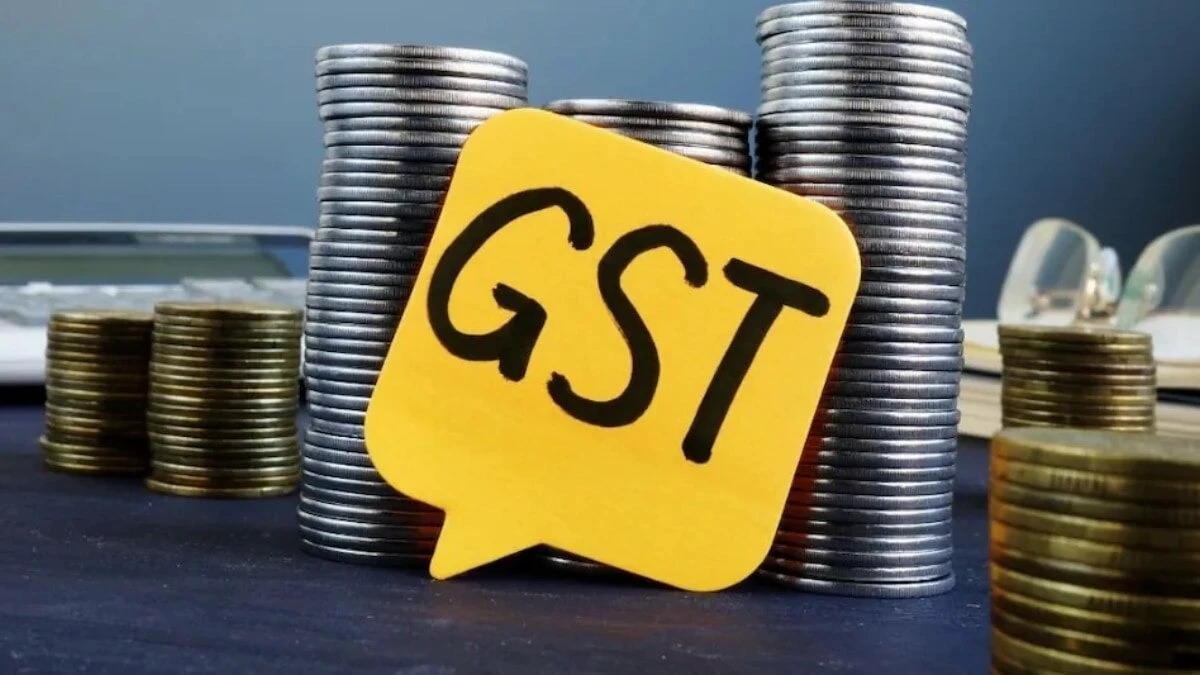When the financial year closes, many businesses make bulk purchases in March to optimise their GST outflow, but experts warn that this strategy can backfire.
CA Nitin Kaushik explains that input tax credit (ITC) under the Goods and Services Tax (GST) regime is determined by the date of receipt of goods or services, not the payment or invoice date. Input tax credit allows businesses to offset the GST paid on purchases (inputs) against the GST collected on sales (output). For example, a manufacturer with an output tax liability of Rs 450 and input taxes of Rs 300 can claim the Rs 300 ITC and pay the remaining Rs 150 in cash. This mechanism helps businesses avoid double taxation and manage cash flows efficiently.
Kaushik highlighted a common scenario that many businesses get wrong: placing bulk orders at the end of March to reduce taxable profit. “Suppose a business orders a laptop on 31st March and pays Rs 18,000 in GST, but the delivery occurs on 2nd April,” he explains. Many business owners assume the ITC can be claimed in March because the payment and invoice date fall in the same month. However, GST law is explicit: ITC eligibility is based on the receipt of goods or services.
ITC can be claimed only by GST-registered persons who meet all prescribed conditions. The recipient must have a valid tax invoice, receive the goods or services, and ensure the supplier has paid GST and filed GSTR-1. ITC must be claimed in GSTR-3B, with payment made within 180 days of the invoice. For installments, credit applies only after the last lot is received. Purchases must be for taxable supplies and business use, and depreciation on GST of capital goods disallows ITC. Claims must be within prescribed timelines and cannot be made by composition scheme taxpayers, matching GSTR-2B details.
Under the GST framework, the conditions for claiming ITC are clear. Businesses must have:
A valid invoice
Actual receipt of goods or services
Supplier payment of GST and filing of GSTR-1
Filing of GSTR-3B by the recipient
Kaushik emphasizes that without delivery, claiming ITC is not allowed. Even if the eWay bill is dated in March, the credit cannot be booked until the goods are physically received.
This distinction is particularly important for businesses looking to reduce their taxable liability at the financial year-end. Many end-of-year bulk orders result in ITC being pushed to the next financial year if goods arrive after 31st March. “Business owners need to track actual delivery dates and adjust their accounting accordingly,” Kaushik advises.
The CA also recommends budgeting for cash outlay when ITC cannot be claimed immediately. Temporary GST payments may need to be made from the business’s own funds until the credit becomes eligible in the next filing period.
For businesses involved in job work, Kaushik points out that ITC is allowed on inputs and capital goods sent directly to a job worker, even if they are not first brought to the principal place of business. This ensures continuity of credit in production chains, but delivery and receipt still remain the central factor.
In summary, Kaushik underscores a simple but crucial point: paying GST or receiving an invoice in March does not automatically allow claiming ITC for that month. Only when goods or services are received can businesses claim credit, shifting the benefit to the next financial year if delivery is delayed.
